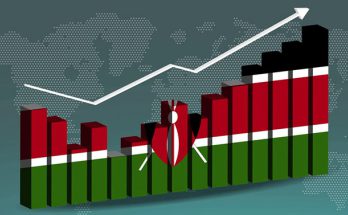 With Africa home to more than half of the world’s gold, chrome and platinum deposits, investors would still not go wrong in exploring the continent’s mining industry. In addition, Africa has a large share of the world’s diamond deposits, which makes investments inexpensive gems much greater.
With Africa home to more than half of the world’s gold, chrome and platinum deposits, investors would still not go wrong in exploring the continent’s mining industry. In addition, Africa has a large share of the world’s diamond deposits, which makes investments inexpensive gems much greater.
As of 2014, more than 60 different metals and minerals were developed on the continent and there was immense scope for discovery and development.
The IFC (International Finance Corporation) acknowledged that there has been a long tradition of mining across the continent, with small-scale and small-scale mining of gold. The Bretton Woods Institution added that Africa’s immense mining capacity, along with developments in political structures and shifts in fiscal and regulatory conditions, has contributed to an increase in investment over the years. And with rising demand for energy, investors in Africa’s mining industry are on the verge of a strong return if they invest correctly.
RMB adds that market demand and sales levels have peaked in the developed world, and emerging markets are the next major player in global investment and consumption over the next few decades, particularly as Africa’s economic growth rates rebound. While the rate of growth of the middle class has been slower than anticipated for reasons peculiar to the economic profile of each region, the demographic landscape of the continent remains attractive, notes RMB.
As usual, large building ticket schemes will continue to be the rule on the continent. This ensures that developers will use their capital to change Africa’s economy and environment. This year has been a challenging one for many investors, but new prospects have arrived with a pandemic that has shaken the global economy.
According to the new RMB Global Markets Report by Rand Merchant Bank, there are industries that are vital to releasing the continent’s growth potential. The fourth industrial revolution gives Africa the ability to drive economic transition through higher productivity and growth rates. This is a future in which certain commodities will be manufactured and sold in international rather than global markets, perhaps more broadly dispersed, giving Africa opportunities for industrialization as well as foreign trade.



